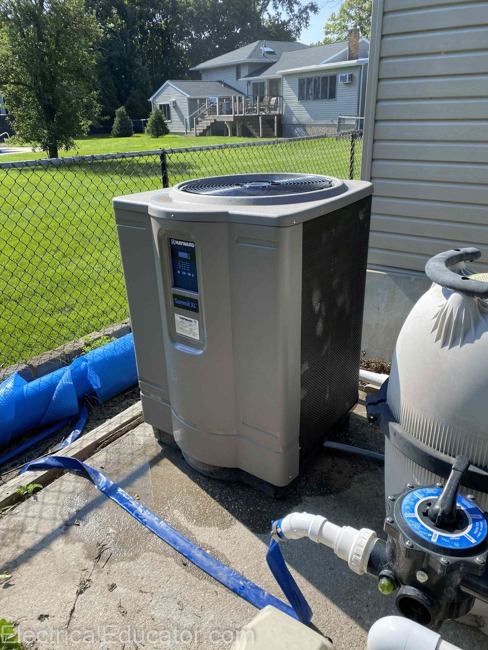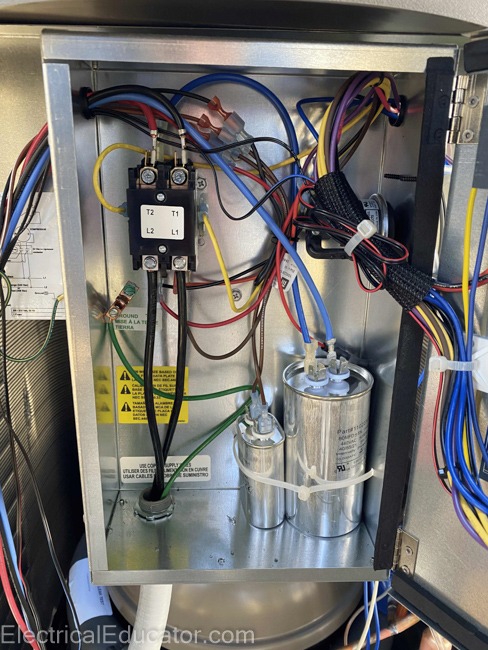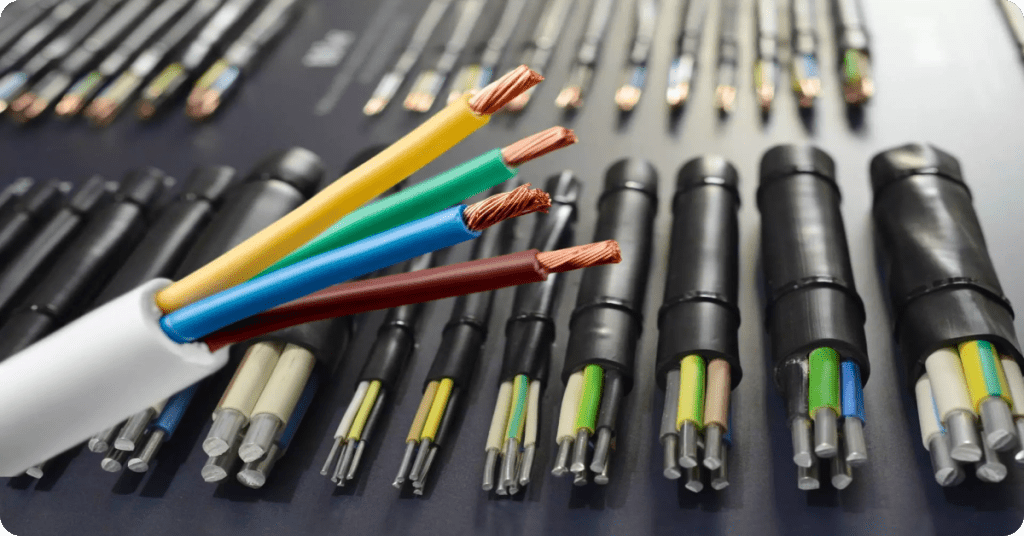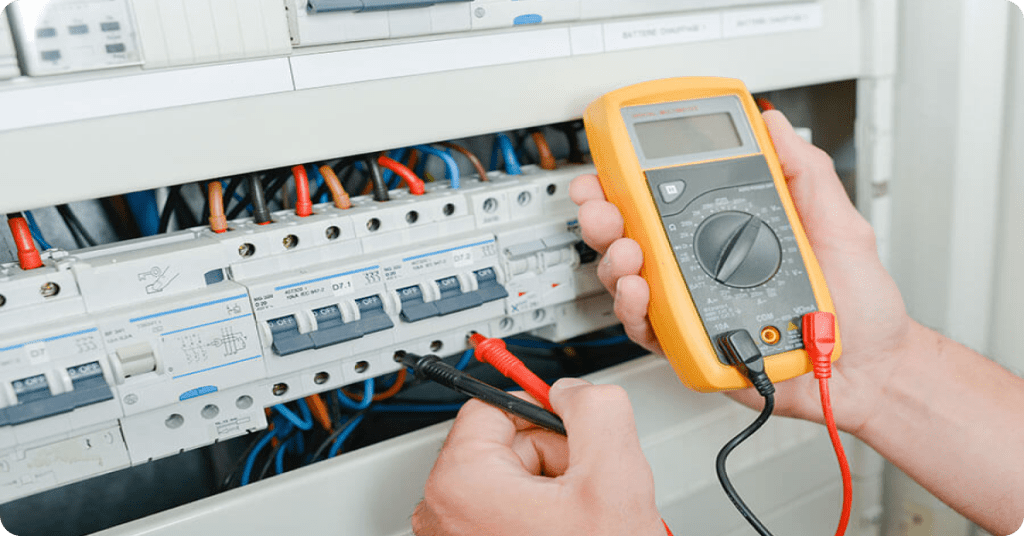
Does a pool heater need GFCI protection?
This is a great question that has been causing some debate as of late in both the pool and electrical industries. Like anything else that begets confusion in the world of electrical components and code, there is usually reason. If you’re an electrical contractor and familiar with article 680 of the National electrical Code, you already know what needs GFCI protection for pool equipment. But where does it say specifically pool heat pumps need GFCI protection? Let me explain what’s going on.
As a quick recap, GFCI protection is required for the following pool equipment:
- General use receptacles (between 6-20 feet from inside wall of pool)
- Circulation system receptacles (for pool pumps)
- Any receptacle within 20 feet of the inside wall of the pool
- Underwater Luminaires (read 680.23 for more details)
- Gas Fired Water Heaters (since the 2017 Code)
- Electric Pool Covers
- Any Exterior Outlet (2020 update, 210.8(F))
- Anything required by the manufacturer
No pool heat pumps on there so we’re good, right? Not exactly. Some people are getting confused thinking that the heat pump is part of the circulation system because of the name. Heat “Pump”. Well, it is not pumping water so the pool heater does not need GFCI protection because of that.
Lets go down to the 7th item on my above list, Any exterior outlet. Since the release of the 2020 code, any exterior outlet (don’t confuse this with receptacle!) needs GFCI protection. The disconnect inside of the heat pump counts as an outlet. Since it’s outside, you guessed it, it requires GFCI protection.

Yes AND No
Here’s the short answer: If you’re in a jurisdiction that has adopted the 2020 or later NEC, you NEED to provide GFCI protection for the pool heat pump. If your jurisdiction has not yet adopted 2020 or later NEC, you may not need it. If you’re still on 2017 code (NY as of right now, June 2023), GFCI protection would only be required should the manufacturer state GFCI protection is a requirement for the installation.
Conclusion
Here are my thoughts: Today, the price of a 2 Pole, 50A GFCI breaker is rather incremental compared to what they once were. Also, the technology has evolved to the point where new GFCI breakers are not nuisance tripping as frequently as they were. If you’re operating on the 2020 or 2023 NEC, you’re going to need to install a GFCI breaker for the pool heater. If you’re operating on the 2017 NEC, install a GFCI breaker for that heat pump anyway and explain to your customer why your price is going to be higher than the next guy! Don’t be afraid to let customers know that you’re on top of the code and more importantly, their safety.
Remember, GFCI protection is a technological advancement in the industry that is intended to keep us safe. Please don’t forget that proper bonding of your pool equipment and the rest of the NEC rules that govern electricity and pools (680) need to all be followed very carefully. If you’re one of the many homeowners reading this and need an electrical contractor that we trust, head over to our National Electrical Registry or contact us directly.
Thanks for reading
As of the 2020 National Electric code, ALL pool heaters require GFCI protection.
As of 2020, all pool heat pumps need GFCI protection



